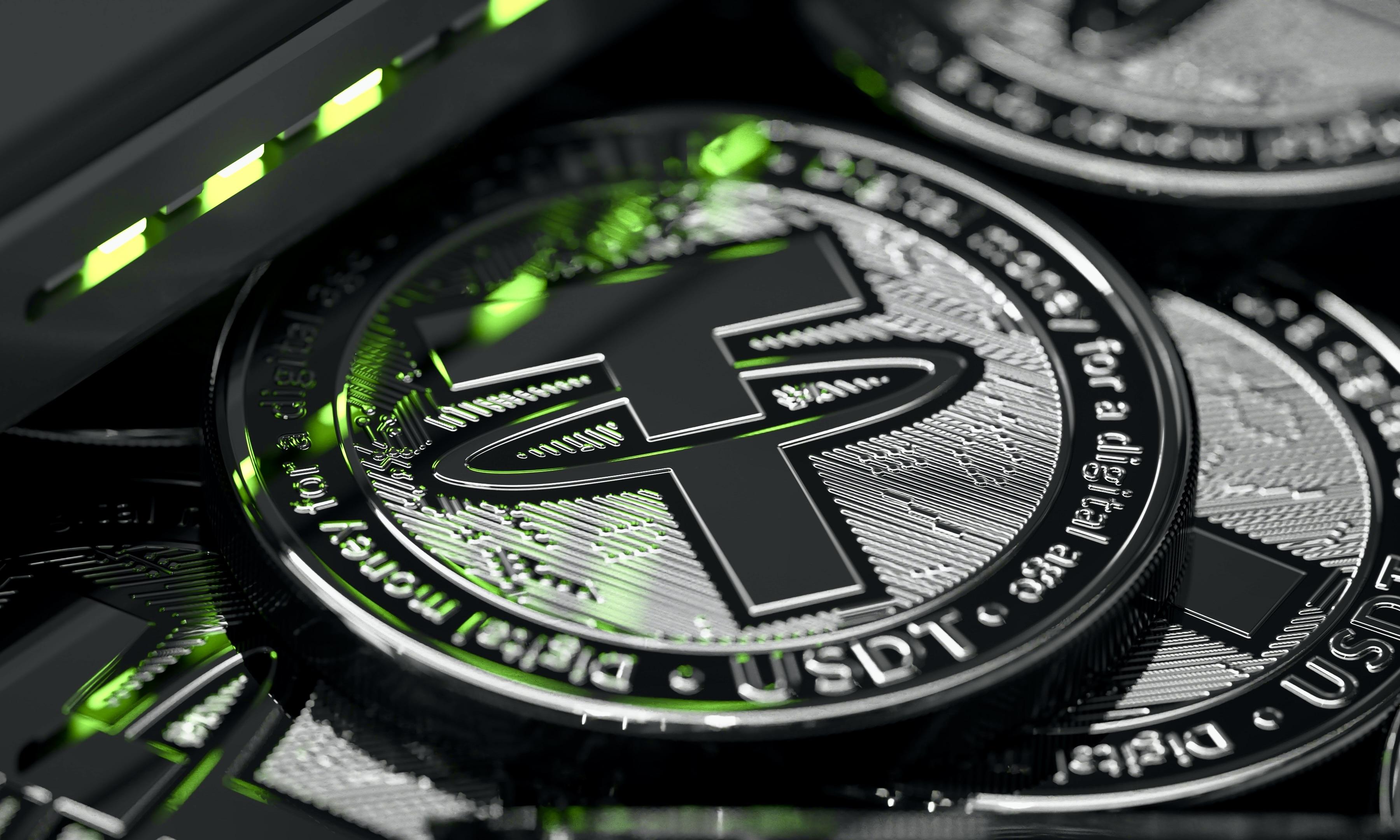Data from Brazil's revenue service agency reveals that stablecoin Tether (USDT) has remarkably surged in adoption, now accounting for a staggering 80% of all cryptocurrency transactions in the country. This milestone solidifies USDT's position as the go-to digital asset for millions of Brazilians.
It now dwarfs the transaction volume of its closest competitor, Bitcoin.
USDT Overtakes Bitcoin
Stablecoins, including Tether (USDT), are instrumental in ensuring financial stability within the volatile world of cryptocurrencies. With their value pegged to fiat currencies, such as the U.S. dollar and the Brazilian real, stablecoins mitigate the risk of price fluctuations often associated with other digital assets, according to Cointelegraph.
Ailtra noted that Brazilian traders and investors have embraced the stability offered by USDT, resulting in over $271 billion Brazilian reais (~$55 billion) worth of USDT transactions this year alone. Surprisingly, this figure is almost double the volume of Bitcoin transactions, which amounted to $151 billion reais (~$30 billion).
The adoption of USDT in Brazil has been steadily increasing since 2021, reaching a pivotal moment in July 2022. At this time, USDT surpassed Bitcoin in transaction volume, marking a significant turning point for the country's cryptocurrency industry. This milestone achievement occurred amidst industry turmoil, including the collapse of crypto lenders Three Arrows Capital and Voyager Capital.
The sharp decline in crypto transactions during the "crypto winter" of 2022 contributed to a 25% decrease in the overall volume. The Brazilian government reported that crypto transactions ended at $154.4 billion reais (~$31 billion) that year.
Government's Focus on Overseas Crypto Investments
To monitor and regulate crypto-related activities, the Brazilian tax agency has implemented a sophisticated system that utilizes artificial intelligence and network analysis. This system not only detects suspicious activities but also traces the locations of individuals trading cryptocurrencies.
To strengthen oversight, the Brazilian government recently passed legislation recognizing cryptocurrencies as "financial assets" for tax purposes in foreign investments. Effective January 2024, earnings between 6,000 and 50,000 reais (~$10,000) will be subject to a 15% tax rate. Amounts exceeding this threshold will be taxed at 22.5%.
Since 2019, crypto exchanges operating in Brazil must disclose all user transactions to the government. Additionally, capital gains from crypto sales exceeding 35,000 reais (~$7,000) per month are subject to a progressive tax bracket ranging from 15% to 22.50%.
Global and Local Players Fueling Brazil's Crypto Market
Brazil's crypto market ecosystem is composed of both global and local exchanges. Renowned platforms like Coinbase, Binance, Bitso, and Crypto.com coexist with homegrown players such as Mercado Bitcoin and Foxbit.
This diverse landscape offers Brazilian traders various options to engage in the thriving digital asset market.



 SoftBank Shares Slide After Arm Earnings Miss Fuels Tech Stock Sell-Off
SoftBank Shares Slide After Arm Earnings Miss Fuels Tech Stock Sell-Off  Washington Post Publisher Will Lewis Steps Down After Layoffs
Washington Post Publisher Will Lewis Steps Down After Layoffs  Nasdaq Proposes Fast-Track Rule to Accelerate Index Inclusion for Major New Listings
Nasdaq Proposes Fast-Track Rule to Accelerate Index Inclusion for Major New Listings  Alphabet’s Massive AI Spending Surge Signals Confidence in Google’s Growth Engine
Alphabet’s Massive AI Spending Surge Signals Confidence in Google’s Growth Engine  Global PC Makers Eye Chinese Memory Chip Suppliers Amid Ongoing Supply Crunch
Global PC Makers Eye Chinese Memory Chip Suppliers Amid Ongoing Supply Crunch  Sony Q3 Profit Jumps on Gaming and Image Sensors, Full-Year Outlook Raised
Sony Q3 Profit Jumps on Gaming and Image Sensors, Full-Year Outlook Raised  Nvidia CEO Jensen Huang Says AI Investment Boom Is Just Beginning as NVDA Shares Surge
Nvidia CEO Jensen Huang Says AI Investment Boom Is Just Beginning as NVDA Shares Surge  Toyota’s Surprise CEO Change Signals Strategic Shift Amid Global Auto Turmoil
Toyota’s Surprise CEO Change Signals Strategic Shift Amid Global Auto Turmoil  Trump Backs Nexstar–Tegna Merger Amid Shifting U.S. Media Landscape
Trump Backs Nexstar–Tegna Merger Amid Shifting U.S. Media Landscape  TrumpRx Website Launches to Offer Discounted Prescription Drugs for Cash-Paying Americans
TrumpRx Website Launches to Offer Discounted Prescription Drugs for Cash-Paying Americans 
































